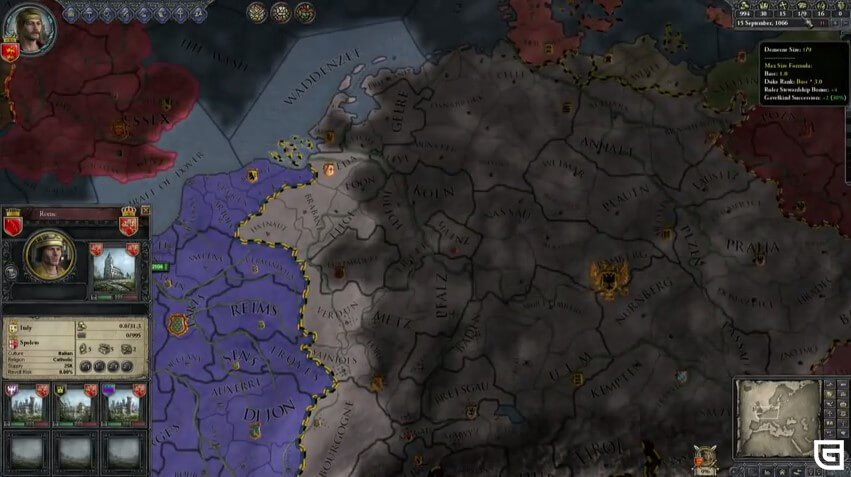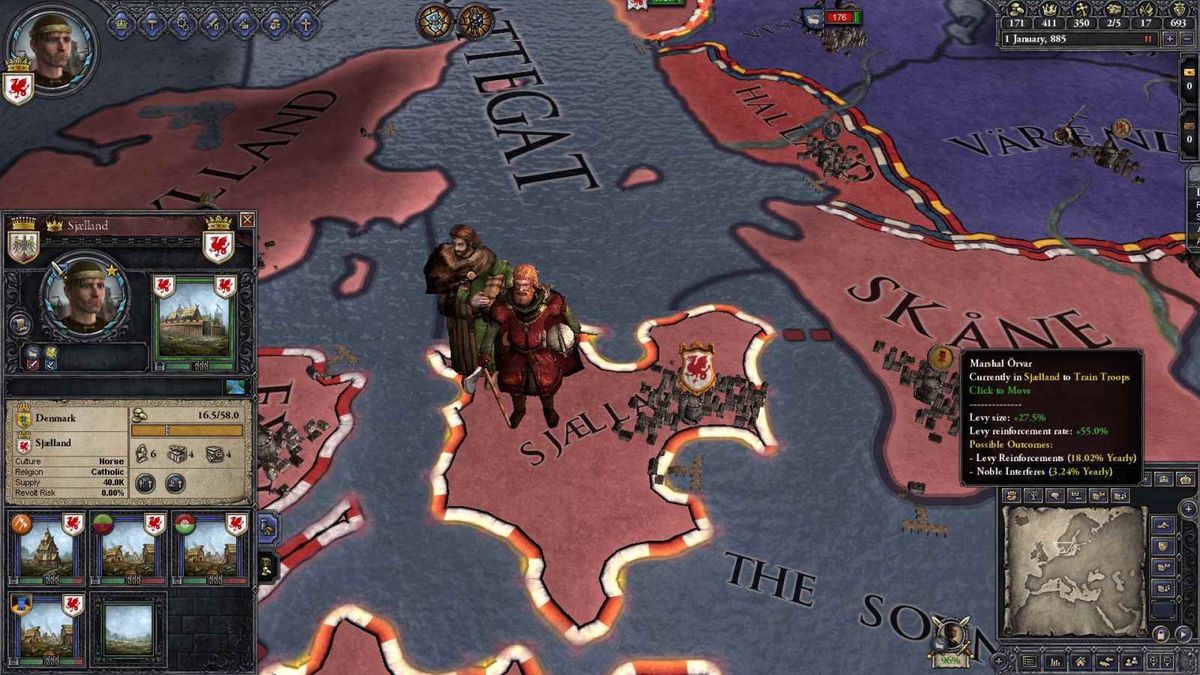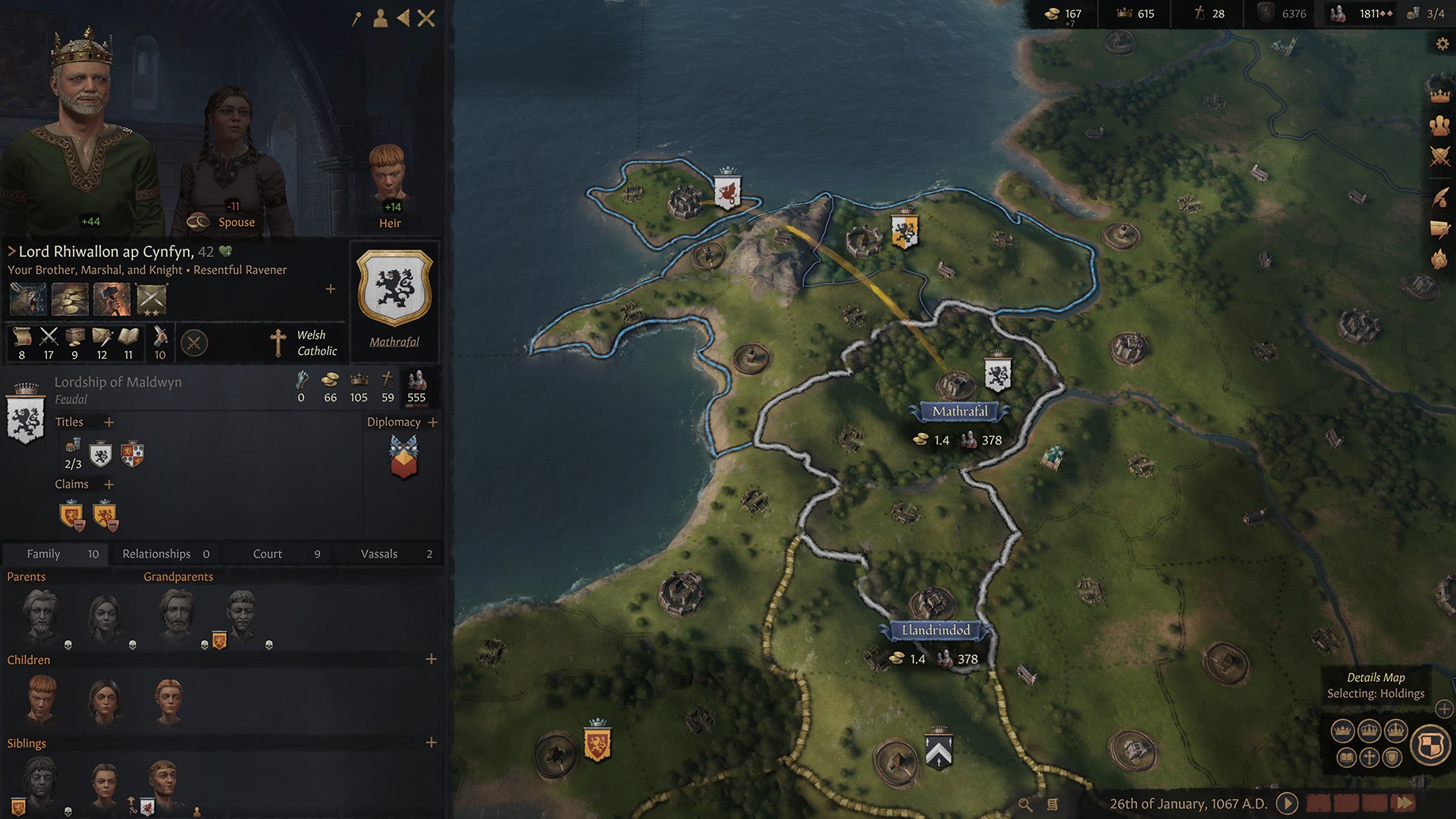
Almeida Fernandes later proposed Viseu as the birthplace of Afonso basing himself on the Chronica Gothorum, which states Afonso was born in 1109, a position followed by José Mattoso in his biography of the king. This was accepted by most Portuguese scholarship until in 1990 Torquato de Sousa Soares proposed Coimbra, the center of the county of Coimbra and another political center of Afonso's progenitors, as his birthplace, which caused outrage in Guimarães and a polemic between this historian and José Hermano Saraiva.

According to Fernão Lopes' Crónica de Portugal de 1419, the future Portuguese king was born in Guimarães, which was at the time the most important political center of his parents. Afonso died in 1185 and was succeeded by his son, Sancho I.Īfonso was the son of Teresa, the illegitimate daughter of King Alfonso VI of León and Castile, and her husband, Henry of Burgundy. He secured the independence of Portugal following a victory over León at Valdevez and received papal approval through Manifestis Probatum. In 1139 he won a decisive victory at the Battle of Ourique, and in 1147 he conquered Santarém and Lisbon from the Moors. In 1139, Afonso renounced the suzerainty of the Kingdom of León and established the independent Kingdom of Portugal.Īfonso actively campaigned against the Moors in the south.

Unhappy with Theresa's romantic relationship with Galician Fernando Pérez de Traba and his political influence, the Portuguese nobility rallied around Afonso, who revolted and defeated his mother at the Battle of São Mamede in 1128 and became Count of Portugal soon afterwards.

Henry died in 1112, leaving Theresa to rule alone. He achieved the independence of the County of Portugal, establishing a new kingdom and doubling its area with the Reconquista, an objective that he pursued until his death.Īfonso was the son of Teresa of León and Henry of Burgundy, rulers of the County of Portugal.


 0 kommentar(er)
0 kommentar(er)
